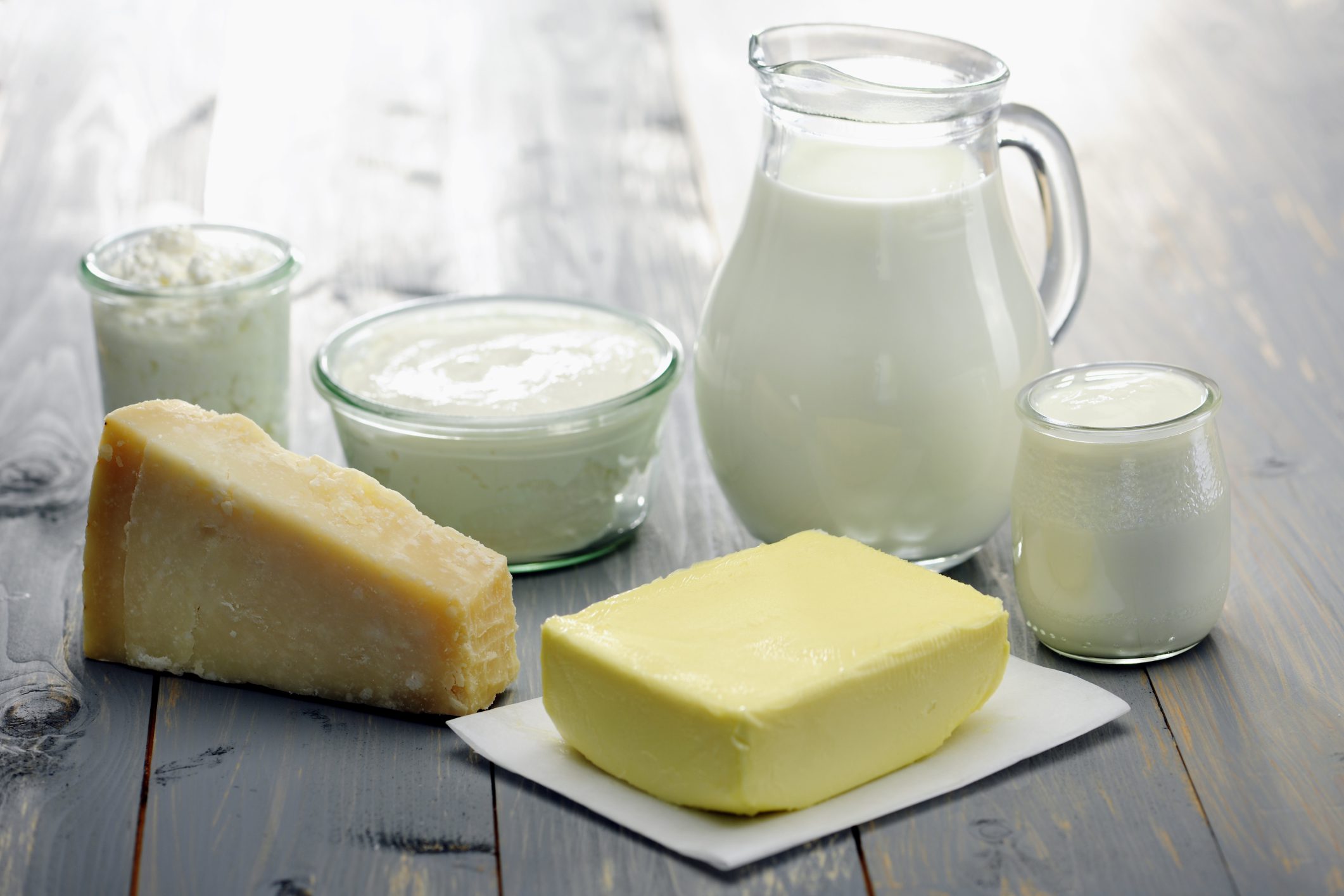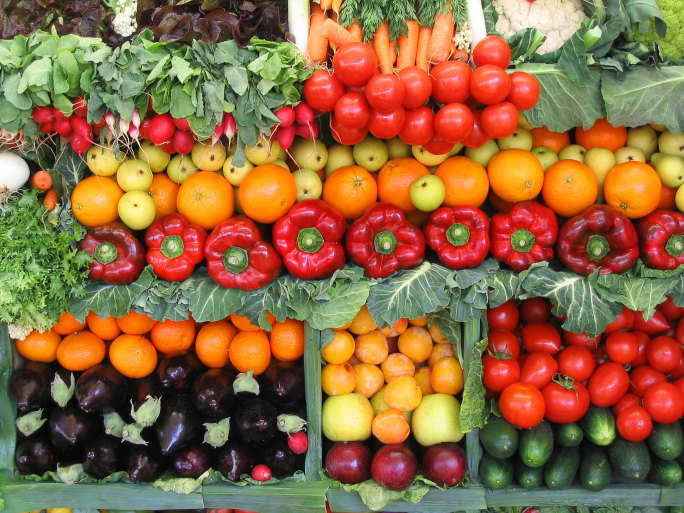Nutrition for runners: calcium
Everything you need to know about about the bone-building mineral, courtesy of runner and registered dietitian Stephanie MacNeill

Nutrition plays an important role in running performance, and ensuring you get all the nutrients you need can improve your health and prevent injuries. Today, we are putting the spotlight on one important nutrient: calcium. We spoke with runner and sports dietitian Stephanie MacNeill to find out everything runners need to know about calcium, including advice on how you can get enough of it in your diet.

RELATED: Debunking the most common endurance sport nutrition myths
Why is calcium so important?
We often associate calcium with bone health, and while this is true, MacNeill says it is important for the function of many different organ systems in your body.
“Most of the calcium in the body is stored in your bones,” she explains. “But calcium also helps your heart muscles pump and transmits signals to your nerves so your muscles contract.”
Running would be pretty impossible if your heart didn’t pump properly or your muscles didn’t contract, so it goes without saying that even if you have strong bones, calcium is still an important nutrient to include in your diet.
How much calcium do runners need?
MacNeill says most runners don’t have increased calcium needs compared to the average person, and how much of the mineral they should consume in a day can vary depending on their life stage. A middle or high school cross-country runner should get about 1,300 mg per day, while an adult needs about 1,000 mg. Older adults (over 50 or post-menopause in women) should get about 1,200 mg of calcium per day.
One exception to that, however, is a female athlete with amenorrhea (an athlete who’s not having a regular period). Athletes in this category should aim for about 1,500 mg each day. Still, MacNeill cautions that increasing calcium intake is not sufficient to optimize bone density in these athletes, and satisfying your daily energy needs (i.e. — eating enough food), improving your overall nutrition status and restoring reproductive function are vital for bone health.

Should runners take a calcium supplement?
MacNeill encourages runners to try to satisfy their calcium needs through food sources, which she says typically means consuming a minimum of three servings of dairy each day. The best sources of calcium include milk, yogurt and cheese, but if you don’t consume dairy products because of dietary restrictions, calcium-fortified beverages such as almond and soy milk are also good options. Calcium is also found in dark-green leafy vegetables, dried peas and beans, fish with bones (like canned salmon) and calcium-fortified juices and cereals. To ensure you’re eating enough food sources of calcium, MacNeill provided us with an example of a day’s worth of calcium-rich meals:
Breakfast: 3/4 cup of yogurt with some low-sugar granola and fruit
Snack: one ounce of almonds with some fruit
Lunch: a sandwich with one ounce of cheese and a kale salad on the side
Dinner: include broccoli as a vegetable and have an eight-ounce glass of milk (or calcium-fortified alternative) on the side.
“If a runner is having trouble consuming enough calcium-rich foods, they can consider taking a calcium supplement,” says MacNeill, “but I encourage them to talk to a dietitian and physician first.”
Are there other nutrients runners should be concerned about?
Simply getting enough calcium in your diet is not enough to keep your bones strong, and MacNeill explains that vitamin D is essential in helping your body absorb calcium. Known as the sunshine vitamin, our primary source of vitamin D comes from absorbing it through our skin from the sun’s rays. Unfortunately, sunscreen, clothing and poor weather (particularly for us Canadians who live in a northern climate), can limit our absorption of vitamin D this way, but there are also very few foods that naturally contain the vitamin. For this reason, MacNeill says most of the vitamin D in our diets comes from fortified foods like fortified milk and milk alternatives, as well as some breakfast cereals, orange juice brands, yogurt and margarine.
“Fatty fish, like trout, salmon, tuna and mackerel, and fish liver oils are among the best natural sources of vitamin D,” says MacNeill. “Beef liver, cheese, egg yolks and mushrooms also have small amounts of vitamin D.”
She adds that some runners may wish to take a vitamin D supplement, but supplementation with vitamin D should be based on the results of bloodwork.
Another nutrient runners should pay attention to is magnesium, because calcium and magnesium work hand-in-hand to support bone health and other bodily functions, and magnesium is needed for calcium absorption and deposition into our bones. In general, MacNeill explains that foods containing dietary fibre provide magnesium. Green leafy vegetables, such as spinach, legumes, nuts, seeds and whole grains, are good sources. Magnesium is also added to some breakfast cereals and other fortified foods.
Finally, MacNeill adds that vitamin K2 also helps regulate calcium in the body, and is found in fermented foods and some meats and cheese.

The bottom line
Calcium is an important nutrient for runners to maintain bone health and support other important bodily functions so they can perform well and avoid injuries. For the most part, runners who consume a healthy, balanced diet that contains sources of calcium, vitamin D, magnesium and vitamin K should be able to meet their needs without supplementation, but if you’re concerned about your vitamin status, you should check with your doctor and have some bloodwork done before adding any supplements to your daily routine.


